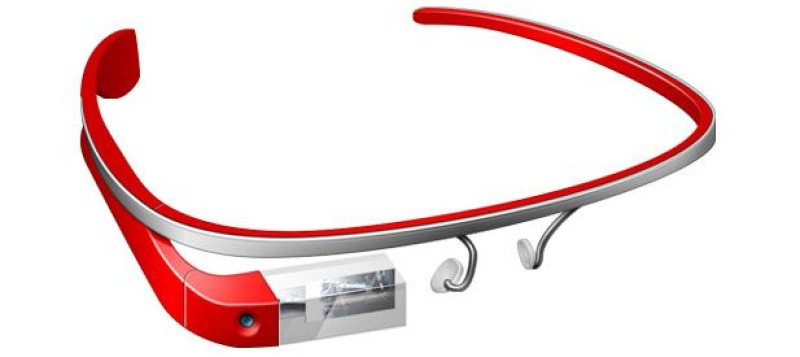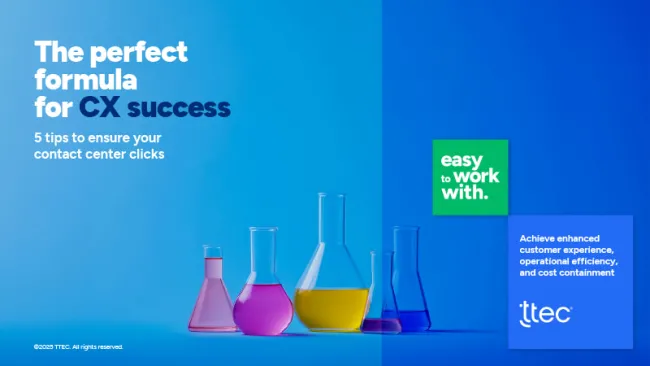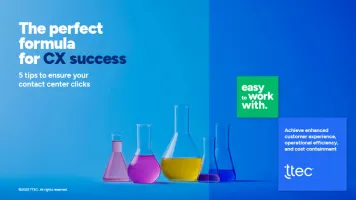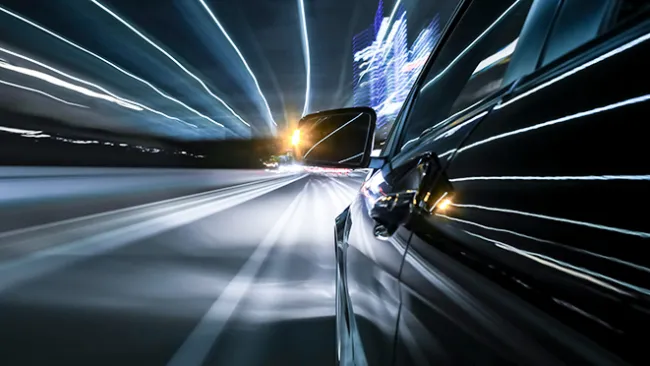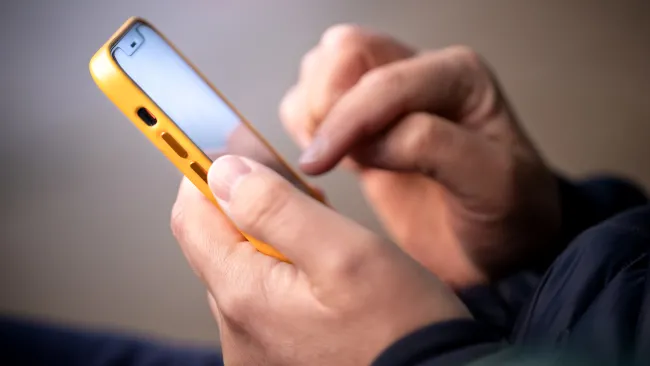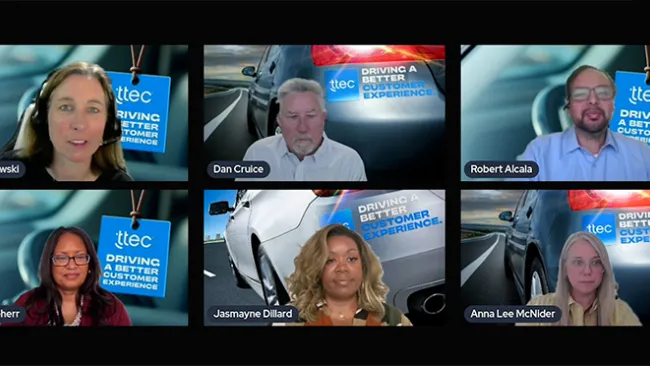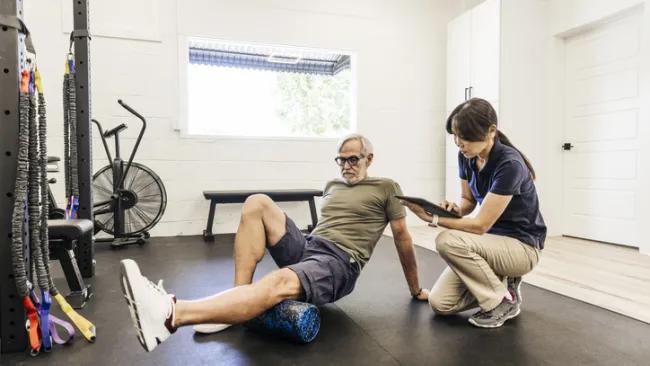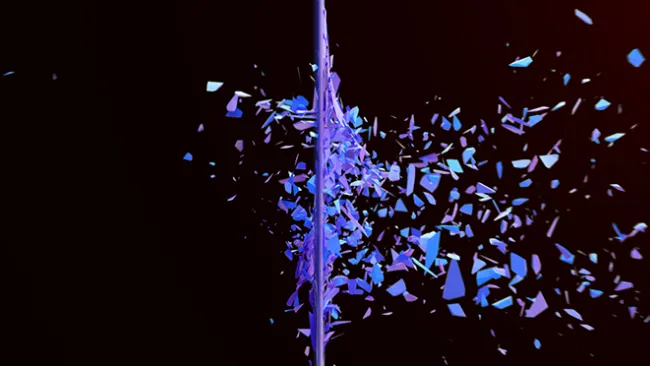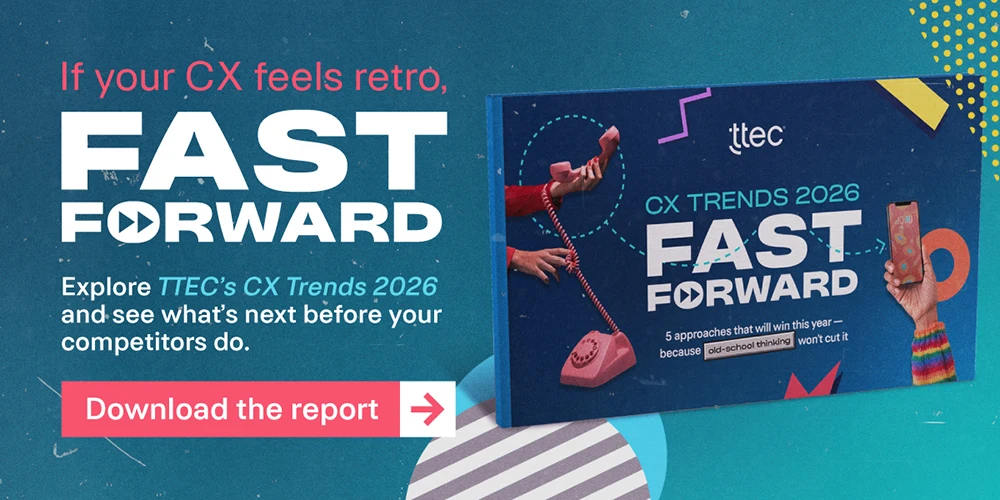We asked top experts in the field of customer experience and future strategy to share ideas of what the 2020 experience might look like, and more importantly, how realistic that vision will be for businesses to implement. Most agree that the future is full of promise, but practitioners are more optimistic than others about their ability to deliver on future customer experience needs. Only time will tell if their predictions will come to fruition.
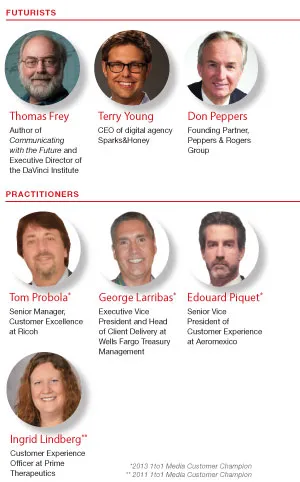
How do you envision the customer experience of 2020?
FUTURISTS
Thomas Frey: Awareness will increase. Awareness of other products, awareness of other prices, and awareness of how other customers are treated. Increased awareness will also mean increased expectations. Being a standout company will require continually raising the bar to meet or exceed increasingly higher expectations. Bad service will always be bad, but even average service will need to rise to a new level to avoid falling into the bad category.
Increased awareness will bring out many more issues, and the reaction time will be measured in microseconds. Problems will go from minor issue to full-blown catastrophe in 60 seconds. Gone are the days when we had the luxury of planning a well thought-out response. Businesses will need to react instantly.
Terry Young: We are moving into the "quantified everywhere movement." Nearly everything will soon be a quantified experience. Already we're seeing it with apps like FitBit, Nike Fuel, and others. As more things become "smart," the experience shifts drastically. Companies will need to connect with consumers and use data to market to them in a more personal way.
Transactional data has been enhanced by social behavioral data. In the future, that will be enhanced further with emotional data—how people feel in the here and now. Companies will be able to pick up on emotional cues to enhance the customer experience, using mobile phones and smart devices. Then, every moment becomes an opportunity to engage with consumers. Consumers will simply expect ongoing, continuous engagement across platforms.
Don Peppers: The 2020 customer experience will be MUCH more frictionless and automated, delivered largely via smartphones, tablets, wearable devices, or other personal connections to the Web. The customer's experience with any given product is likely to be rendered via more sophisticated apps that—more and more—are integrated into the customer's own personal "settings," so that the customer has more control over his or her individual relationship with each vendor.
PRACTITIONERS
Tom Probola: The customer experience will be based on relationships and services rather than the product itself. As more customers move to a self-service method to purchase, there will always be that "exception" who requires a call for support or knowledge about an offering. The handling of these will be a critical touchpoint and opportunity to deliver value to the customer. Employees need to have the mindset that they are in the "exception business" rather than what their job description states.
George Larribas: Offering customers the ability to be serviced in the channel they desire will be the driving force of the 2020 customer experience. Servicing customers will become more about engaging through the Internet and using more self-service channels, while allowing for mobility.
Customers will demand the same efficiency and ease they have in their personal lives and will engage service organizations via their mobile devices or tablets, thus requiring contact centers to reconfigure their servicing strategies. Contact centers will need to transform themselves into engagement centers, allowing customer preferences to guide the engagement, whether that is text messaging, instant messaging, chat, video, email and/or telephone and, depending on the industry, social media.
Edouard Piquet: 2020 might sound far away for many companies. In our case, the management tools and the VOC tools that we have invested in clearly tell us where to go, and where to target our efforts. We do not change policies, procedures, or products anymore based on simple anecdotes (as so many companies do). This will only improve in the future.
Ingrid Lindberg: If I look back to when I started as a Customer Experience Officer in 2005, we were generally viewed as process or call center people. Now, customer strategy is top of mind. Almost every single advertisement I see on TV today talks about the customer experience, and even Kathleen Sebelius spoke of the customer experience when she was testifying on the Hill about Healthcare.gov. These are indicators that not only are we on the cusp of a massive change in how customer experience is viewed, but that by 2020, Customer Experience Officers will be driving the business.
How will customer interactions differ from today?
FUTURISTS
Thomas Frey: Increased automation will mean fewer humans involved in every transaction. Fewer people to talk to, fewer people to complain to, and fewer people to get answers and advice from.
That's where we need smart devices, smart programs, and smart systems to help us make decisions. But our past definitions for "smart" are no longer good enough. The Big Data era will enable us to recognize tens of thousands of micro-nuanced preferences an individual would make without having to invoke a decision on a conscious level.
However, there is a "creepiness threshold" that sends off alarm bells in people's heads when companies unwittingly cross the line. As transparency increases, and businesses know more about someone's personal life, how we leverage this awareness without appearing overly intrusive will be critical.
Terry Young: Many more players will be needed to provide the expected customer experience in 2020. It will need to be a customized experience that doesn't rely on the limits of human intellect.
Don Peppers: By the year 2020, very few customers will have the patience to spend much time with those companies that can't anticipate their needs or proactively smooth out the wrinkles to make sure they get what they want, when they want it.
PRACTITIONERS
Ingrid Lindberg: Today, some people have figured out how to hire and fire companies at the drop of a hat. Tomorrow, you'll have everyone basing their decisions on their most recent experience. People aren't tied to brands anymore. I know that I have to create a relationship that is based on mutual trust—that is all that will keep people committed to a company in the future.
How realistic is the implementation of that vision, given the state of the business today?
FUTURISTS
Terry Young: It's very realistic, if companies take the opportunity to move from a linear world to an exponential world, where each interaction has myriad potential outcomes. However, companies today have been built to live in a walled garden, controlling as much as they can about their brands. Instead of owning the brand and products, companies will need to collaborate on creation and sharing. The collaborative economy will be as common in 2020 as social media is now.
Don Peppers: Technological development will be rapid, but the ways in which businesses adapt to it with their offerings to customers is likely to be uneven. Some businesses will deliver exceptionally good customer experiences that are extremely frictionless and anticipatory, while other companies will lag behind, with standards that will soon be completely outdated.
PRACTITIONERS
George Larribas: Wells Fargo is an innovative company; it's in our DNA…With our history of innovation, it is completely realistic we will drastically change how we operate in order to best serve our customer. We are looking at current and future technology that will allow us to offer multichannel service support. Telephone and email will continue to be a vehicle to service our customer, but allowing for instant messaging, chat, and video is the next evolution of customer engagement. This will allow for customer-facing teams to build on their existing relationships and allow for a more local servicing experience. Service location no longer feels distant when you're having a chat or a video session with your customer.
Tom Probola: At Ricoh, we have begun our transformation from a traditional manufacturer to a services-led provider. A "services-led" approach requires us to be even more focused on our customers...to fully understand their challenges and provide them with the right solutions.
How confident are you that companies will be prepared for the customer of 2020?
FUTURIST
Thomas Frey: Not at all. We seem to be creating new grounds for anxiety every week and customers are becoming skittish on far more levels and for far more reasons than ever before.
The next iteration [of the customer experience] will likely automate even the experts out of the equation. As we do this, there is a "creepiness threshold" that sends off alarm bells in people's heads when companies unwittingly cross the line. As transparency increases, and businesses know more about someone's personal lives, how we leverage this awareness without appearing overly intrusive will be critical. The debate between transparency and privacy will not go away anytime soon.
Don Peppers: I'm not at all confident. Most of today's large companies will be out of business entirely, or submerged into other businesses, within 10 years. By 2020 it will be obvious that the typical corporate lifespan is no longer measured in decades, but in years (or maybe in software release dates).
PRACTITIONERS
George Larribas: I am very confident that we will invest the right time and resources to meet the new and growing demands of our customers while building strong and lasting relationships. It has always been our mission to introduce new customer engagement offerings and we invest in listening to what our customers want and need, and then we make it happen.
Ingrid Lindberg: We're leading the pack. We're the only company in our industry that has a CxO. We've also attached our incentive programs to customer experience metrics. We've only just begun and are already seeing early results.
Edouard Piquet: Perhaps for the first time in our history, we know with confidence exactly what counts to create loyalty, by how much, and what needs to get done. The roadmap is written by our clients, every day.
